Scrap to sapling: Claremont students learn benefits of composting
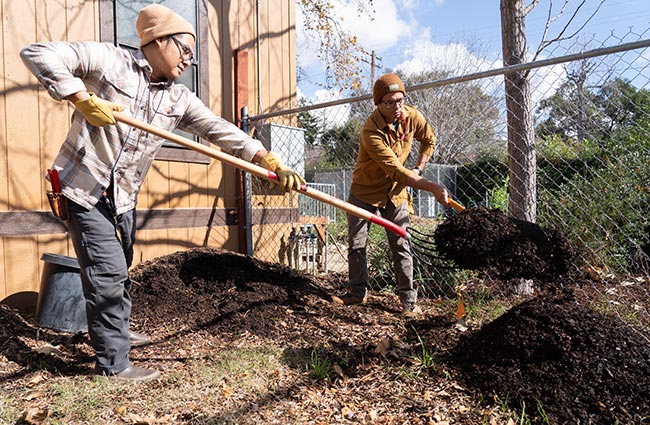
Romeo Lodia, left, and Abraham Orellana, shift compost at Sycamore Elementary School. Courier photo/Andrew Alonzo
by Andrew Alonzo | aalonzo@claremont-courier.com
In 2018, Sustainable Claremont began utilizing a small plot behind the Religious Society of Friends, or Quakers, meeting place to turn hundreds of pounds of old food scraps into usable compost, a mix of decaying organic matter that can used as fertilizer.
The project, known as the community composting co-op, has been a success, with vast amounts of food waste from homes, businesses, and schools repurposed and reused over the past six years.
And now, given the success of the program, Stuart Wood, Sustainable Claremont’s executive director, thought it only right to expand the project to four Claremont Unified School District campuses.
The first composting site got rolling at Sycamore Elementary School in 2023. Then after receiving a $50,000 grant, SC was able to bring programs to El Roble Intermediate School, and Claremont and San Antonio high schools in late January.
The process and project are simple: students place uneaten scraps into one of several green bins throughout the week, and SC volunteers Romeo Lodia and Abraham Orellana sort the waste every Friday. After removing contaminates like plastic bags, the usable food is added to the schools’ compost piles. Mulch, horse bedding, wood chips, and other compost from previous weeks are then layered on top before water gets added.
No heavy machinery is involved, just the arm muscles of Lodia and Orellana, who use shovels and rakes to turn the piles weekly. After five months the compost is ready, then community members take it home or various clubs utilize it for on-campus projects.
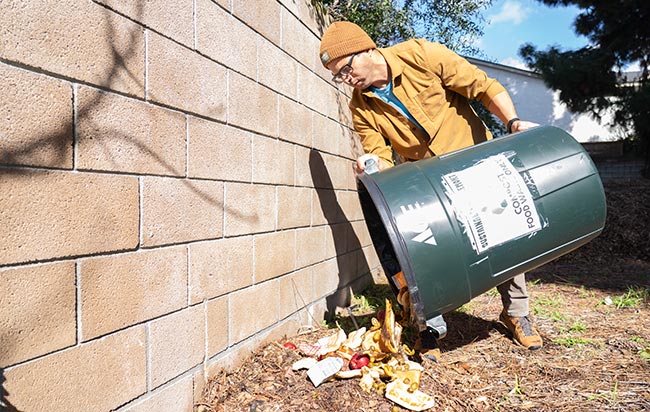
Abraham Orellana, Sustainable Claremont’s community compost and climate resilient home manager assistant, adds food waste to a compost pile at San Antonio High School. Courier photo/Andrew Alonzo
Lodia is SC’s community compost and climate resilient home manager. “The first school that we actually do, Sycamore, they’re up to about 70 to 150 pounds a week because the program is more established,” he said. Students and cafeteria workers toss scraps in bins and community members put theirs in a bin near the front of the campus.
Wood said the vast student population at CHS and El Roble gives the project sites “huge potential,” but it has taken some time for students to catch on to the initiative.
About three pounds of food scraps were discarded in the first two weeks of the project at SAHS. Lodia and Orellana said they hope student outreach regarding what can be placed in the bins — if you can eat it, you can compost it — when and how to properly use the bins, and the importance of composting will result in increased usage.
The project began as a way to divert food scraps from landfills. Wood is hoping to teach students the same concept.
“Throwing away food waste is just a tremendous waste for a number of reasons,” he said. “One is that when it makes its way to the landfill, its off-gassing methane, CO2, all those terrible fossil fuels that we don’t want in the atmosphere. There’s also a lot of benefits and not just like harm avoidance, but creating good benefits for our community. The compost that is generated goes back into the soil; we’re capturing all those dense nutrients instead of just putting them in a landfill where they’ll never be used again.
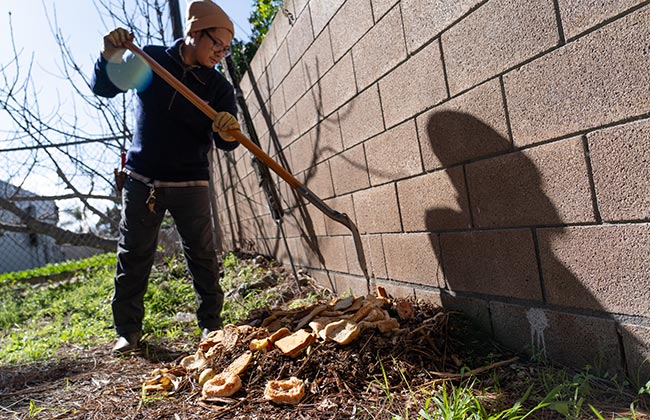
Romeo Lodia, Sustainable Claremont’s community compost and climate resilient home manager, shifts food waste atop a compost pile at San Antonio High School. Courier photo/Andrew Alonzo
“Creating good, high-quality soil is really good right now because of all the soil degradation that’s happening because of large scale animal agriculture.”
From earth worms and insects helping break down the food, to humans contributing more scraps to the pile, Orellana wants students to understand various ways life intersects.
“Life is very interconnected,” Orellana said. “A lot of people think life is our own independent variables, but I think in reality, life is very dependent upon each other.”
Wood is optimistic that the composting project will expand to other CUSD campuses and create more students eager to help the environment.
“We’re hoping that, you know, by the end of this school year we’re doing up to 2,000, 2,500 pounds of food scraps per week,” Wood said. “I think we’ve created a really great model at Sycamore and its one that we need to work to expand to all the schools. It’s just too good to keep on one campus.”

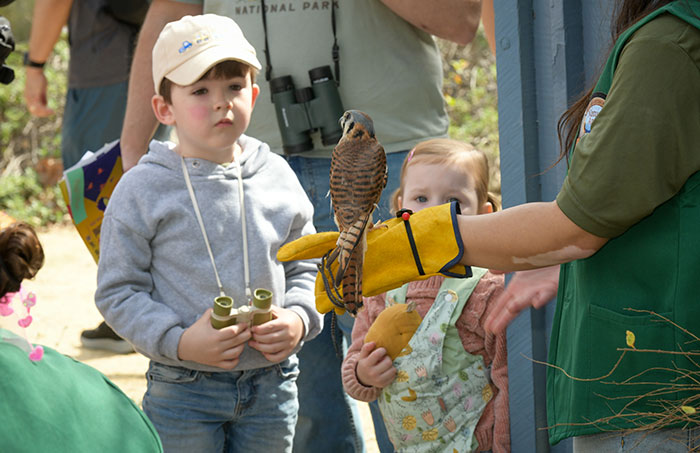




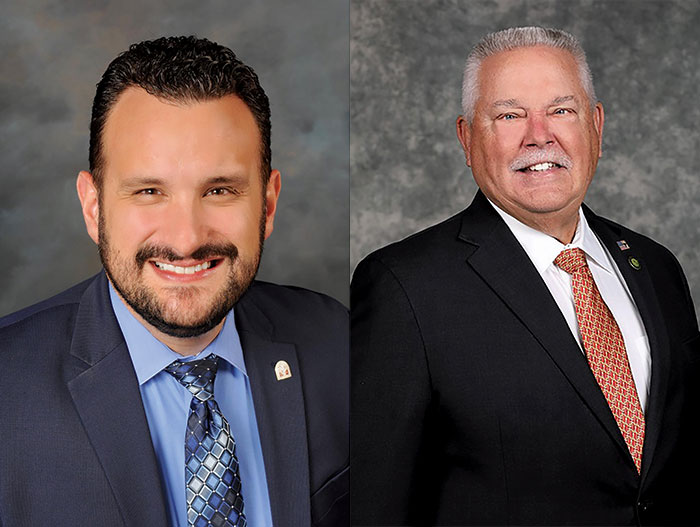

0 Comments